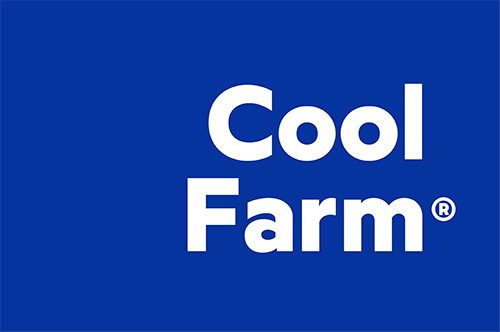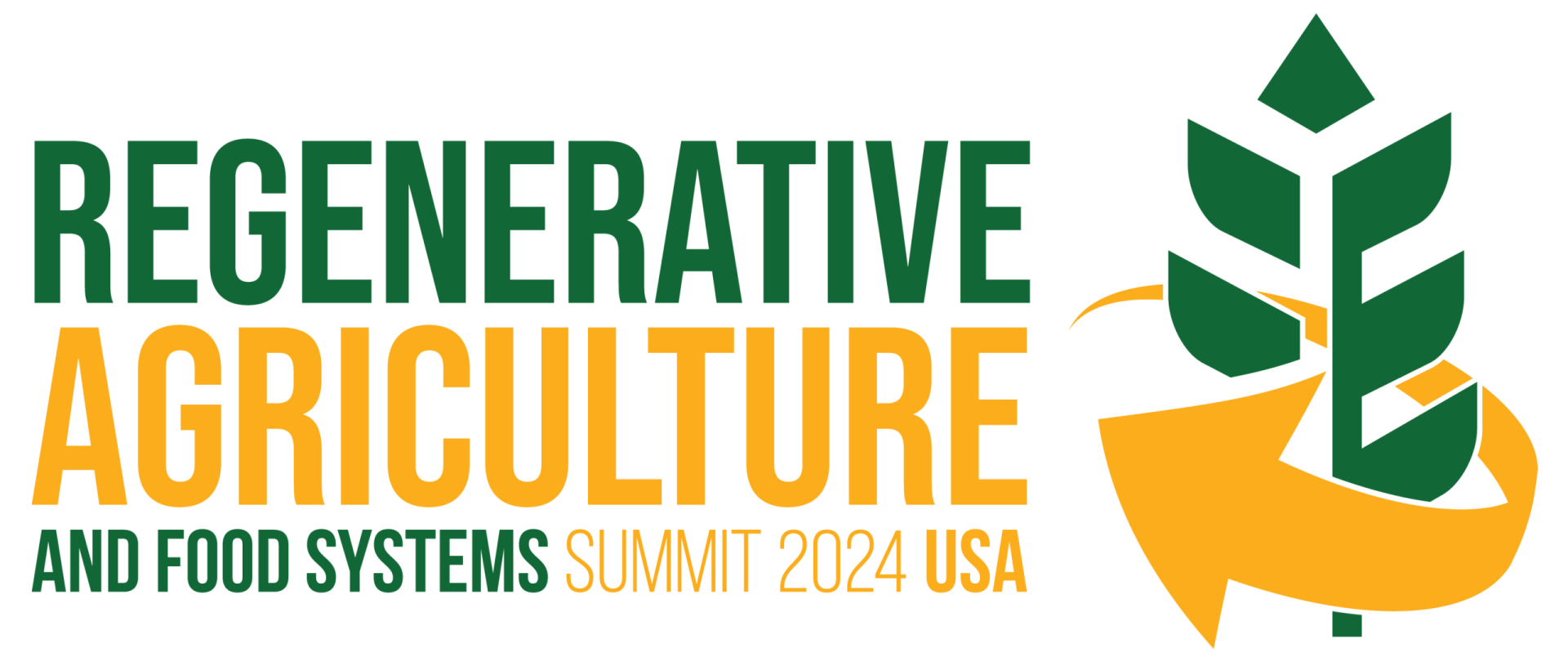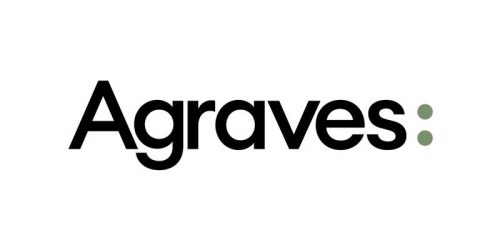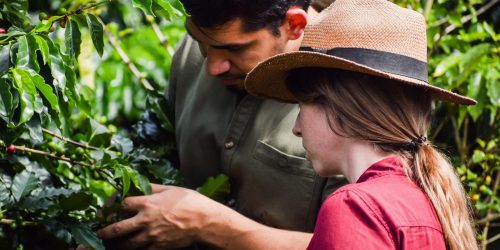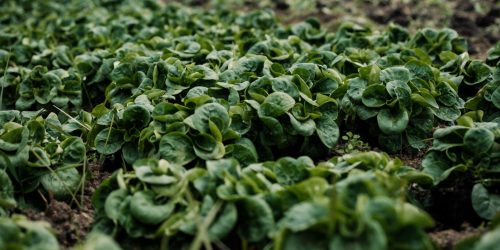Hundreds of sustainability professionals converged at the Regenerative Agriculture and Food Systems Summit in Chicago in March. The event was a great opportunity to meet, re-meet, build and strengthen connections throughout the networks of change makers. While many of the panels and events (see below) were valuable and interesting, the highlight (as is often the case) was getting to meet up in person with many new and veteran Cool Farm Alliance members and get to dig in deeper on where and how the Cool Farm Tool is most useful (Kellanova, Danone, Pepsico, Ucrop,it – to name just a few). Of course, it was also a pleasure to have so many people reach out and set up meetings so they could learn more about the Cool Farm Tool and how to get involved.
The event kicked off with a screening and Q&A with the film makers of the movie “Common Ground.” This film – which goes through exactly how well the cards are stacked against regenerative agriculture ever taking root before convincingly turning to how the real, scalable, stackable and multi-faceted benefits of regenerative agriculture present a compelling alternative and present imperative – became a reference point for just about every conversation that followed and is hands down a must see.
The opening panel featured indigenous farmers’ efforts to build back ecosystems, food systems, prosperity and dignity using ancient knowledge, traditions and customs while being both constrained and to some extent assisted by government and NGO programs and efforts. It is inspiring to see these traditions still holding and possibly re-gaining ground and to learn how much positive momentum Indigenous communities have even as they are constrained by decades of mistreatment past and present. Carly Griffith Hotvedt, Associate Executive Director of the Indigenous Food and Agriculture Association led this panel and invited partnerships.
Another panel on risk sharing strategies for farmers featured a lively debate between Sarah Carlson of Practical Farmers of Iowa and Daniel Metheringham of McCain Foods about whether paying farmers for practices was the answer. Technical assistance, peer-learning, field days, coaching are necessary but without the financial return and clear signals progress will only go so far Sarah argued. Conversely, “just pay the farmer” may not be sufficient without the additional support.
One of the more innovative angles on bringing regenerative agriculture to scale comes from work on nutrient density – which John Kempf argued should be referred to as “nutrient integrity” because it is not so much how much nutrients but the right balance of good quantities of nutrients in foods that matter. The term stuck for the rest of the panel. While foods clearly vary dramatically in their nutrient integrity with one tomato (for example) being void entirely of nutrients and another being quite rich, what isn’t clear – nor was it after I asked the panel to clarify – is just how sound the scientific evidence is linking nutrient integrity in food to soil health. While the link is intuitive, the evidence is thin. Should this area of research advance, it would be a game-changer. A customer, able to identify nutrient differences on the store shelf could finally set in motion the agricultural revolution towards healthier soils and ecosystems.
Overall the event was a great dose of hope and inspiration for a future that must come to be if we are to have a future and from which we all stand to gain so much – in quality over quantity.
